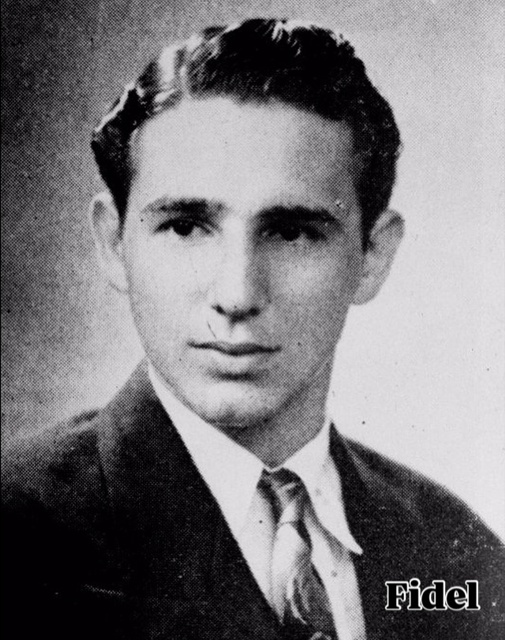The theory plays into polarized political narratives. For Trudeau’s critics, it serves as an easy symbol — linking him to a controversial communist leader in a way that mocks or discredits his politics. For others, it’s simply an entertaining curiosity that combines elements of scandal, secrecy, and celebrity. In the digital era, misinformation spreads faster than ever. Social media algorithms amplify sensational stories, while repetition across multiple platforms gives false claims the appearance of legitimacy. As a result, the rumor has evolved beyond a fringe theory — it’s become a cultural meme, detached from factual accuracy.
Humans are wired to recognize patterns, even where none exist. The resemblance between Justin Trudeau and a young Fidel Castro provides a visual hook, and once people notice it, they unconsciously start building connections — timelines, coincidences, or anecdotes — to support that perception. It’s a classic example of confirmation bias in action.


